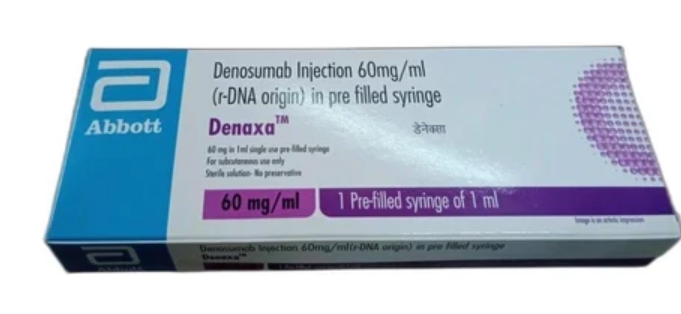
Abbott, the global healthcare leader, has received regulatory approval for the first denosumab biosimilar in Thailand, expanding access to advanced therapies for osteoporosis and cancer-related bone loss.
With the introduction of Abbott's denosumab biosimilar in Thailand, this advanced biologic treatment will be more affordable and accessible for the estimated 3 million people suffering from osteoporosis and bone-disease related illness in the country.
Osteoporosis, a chronic and age-related disease, is a serious public health concern. The condition has a significant and often debilitating impact, including fractures that lead to loss of independence and reduced quality of life. In Thailand, 1 in 5 women and 1 in 10 men have osteoporosis, with prevalence increasing significantly with age. As the country's population ages — projected to reach 25% aged 60 or older within the next decade — the burden of osteoporosis-related fractures, disability, and healthcare costs is expected to rise sharply.
Fractures caused by osteoporosis can lead to loss of independence, and reduced quality of life. Yet fewer than 40% of hip fracture patients in Thailand begin anti-osteoporosis therapy, often due to barriers such as cost, awareness, and treatment availability.
Abbott will provide denosumab as part of its broader strategy to expand access to high-quality medicines across key therapeutic areas including oncology, immunology and women's health through strategic partnerships with biotechnology companies.
Building on its well-established biosimilars portfolio in Latin America and India, and following a recent biosimilar launch in Malaysia, Abbott is accelerating its expansion in the Asia-Pacific region. The introduction of denosumab in Thailand marks a significant step in addressing the region's growing burden of chronic diseases, while expanding access to a high-quality treatment at a more accessible price.




